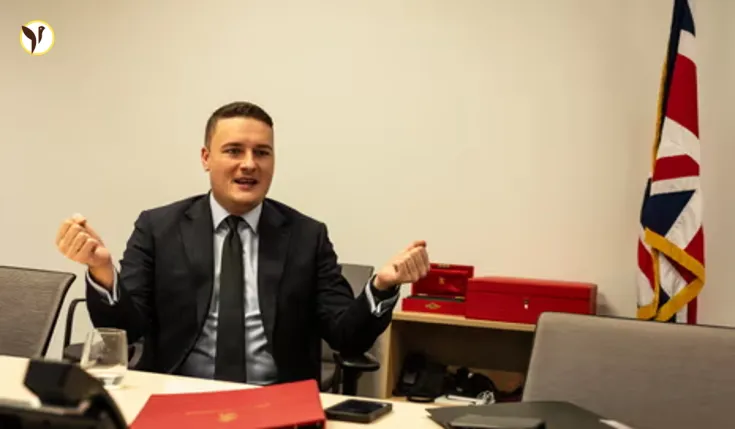Big Changes at the NHS: What's Going On?
Okay, so you’ve probably heard the whispers. The NHS is going through a massive shake-up. They’re planning to cut around 6,500 jobs at NHS England – that’s about half their workforce! Health Secretary Wes Streeting announced it, saying it'll save £175 million a year and make things more efficient, freeing up resources for frontline care. Sounds good in theory, right? But…
The Cuts: A Deeper Dive
UNISON, a major union, is calling it a "nightmare," and honestly, who can blame them? These cuts have tripled in just a few weeks! It’s all happening so fast. This drastic move comes after several high-profile resignations, including the CEO and CFO. It’s not just managers getting the axe either; this affects a wide range of roles, leaving many people worried about what this means for patient care. You know how sometimes things just spiral?
It's not just a few job losses; it feels like a massive restructuring, affecting everything.
The Government's Reasoning and the Backlash
The government's argument? They say it’s all about cutting out the duplication between NHS England and the Department of Health and Social Care (DHSC). They want a leaner, meaner machine, more streamlined and efficient. But critics, including UNISON and the NHS Confederation, aren't buying it. They’re worried about the speed of the changes and the sheer number of job losses. They’re scared this will cause even more chaos and seriously impact patient care. Losing experienced staff is a huge concern, especially with services already stretched so thin. It’s a really delicate situation.
The Bigger Picture: A £7 Billion Deficit
This restructuring isn’t happening in isolation. The NHS is facing a projected £7 billion deficit. This means potential cuts aren't just happening at NHS England and the DHSC; local health boards and services could be affected too. It's a domino effect, and it’s hard to predict how it will all play out. Will it lead to a more efficient system? Or will it just cause more problems? The impact on waiting times and patient care is the big question everyone’s asking.
What Happens Next? Uncertainty Ahead
The future of the NHS in England feels uncertain. The government's hoping for a more efficient and cost-effective system, but the sheer speed and scale of these changes are worrying. The transition team, led by interim chief executive Sir Jim Mackey, has a huge job on its hands – navigating this turbulent period, keeping disruption to a minimum, and trying to keep staff morale up. It's a tough one. We’re all waiting to see what the detailed plans look like in the coming weeks and months.






